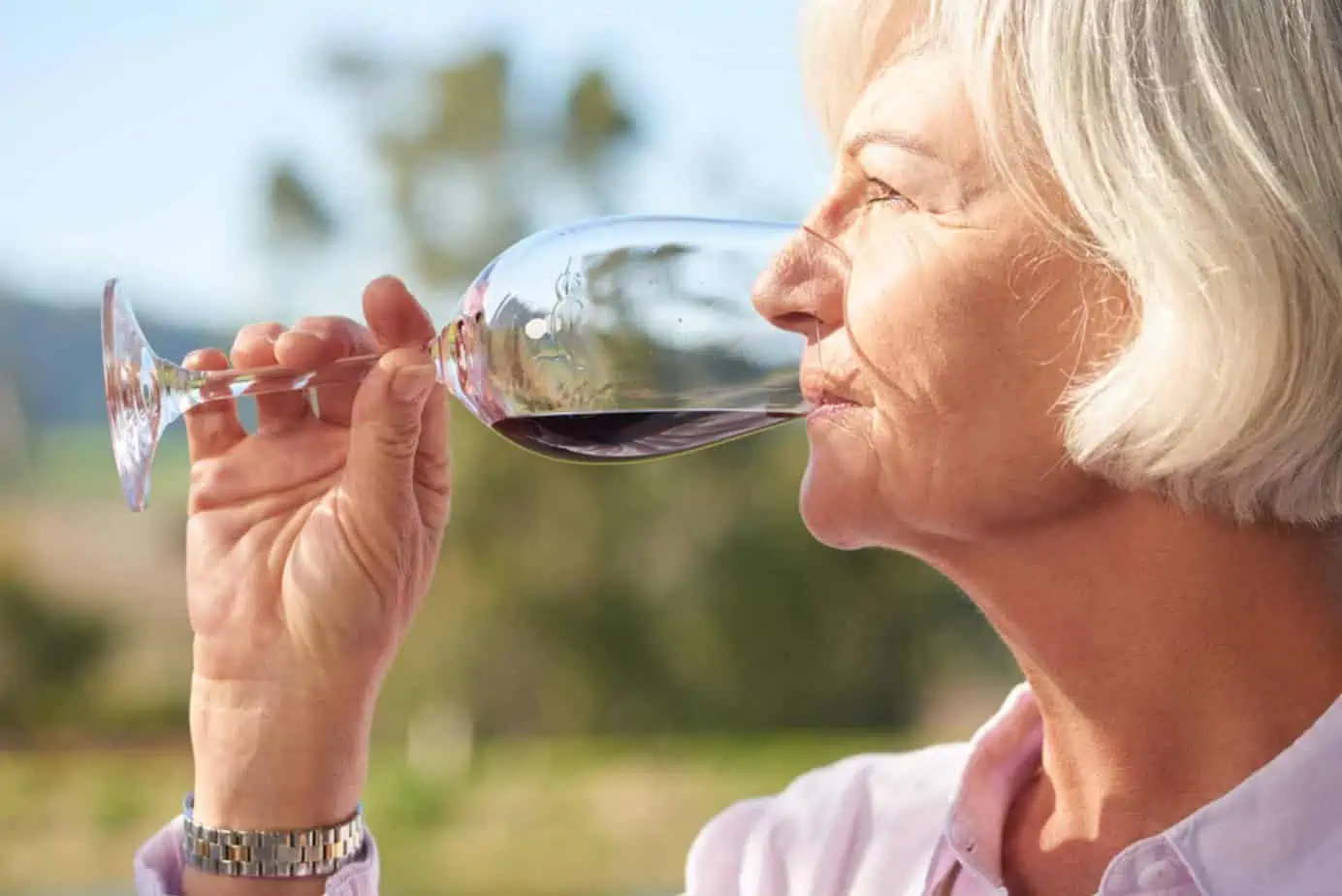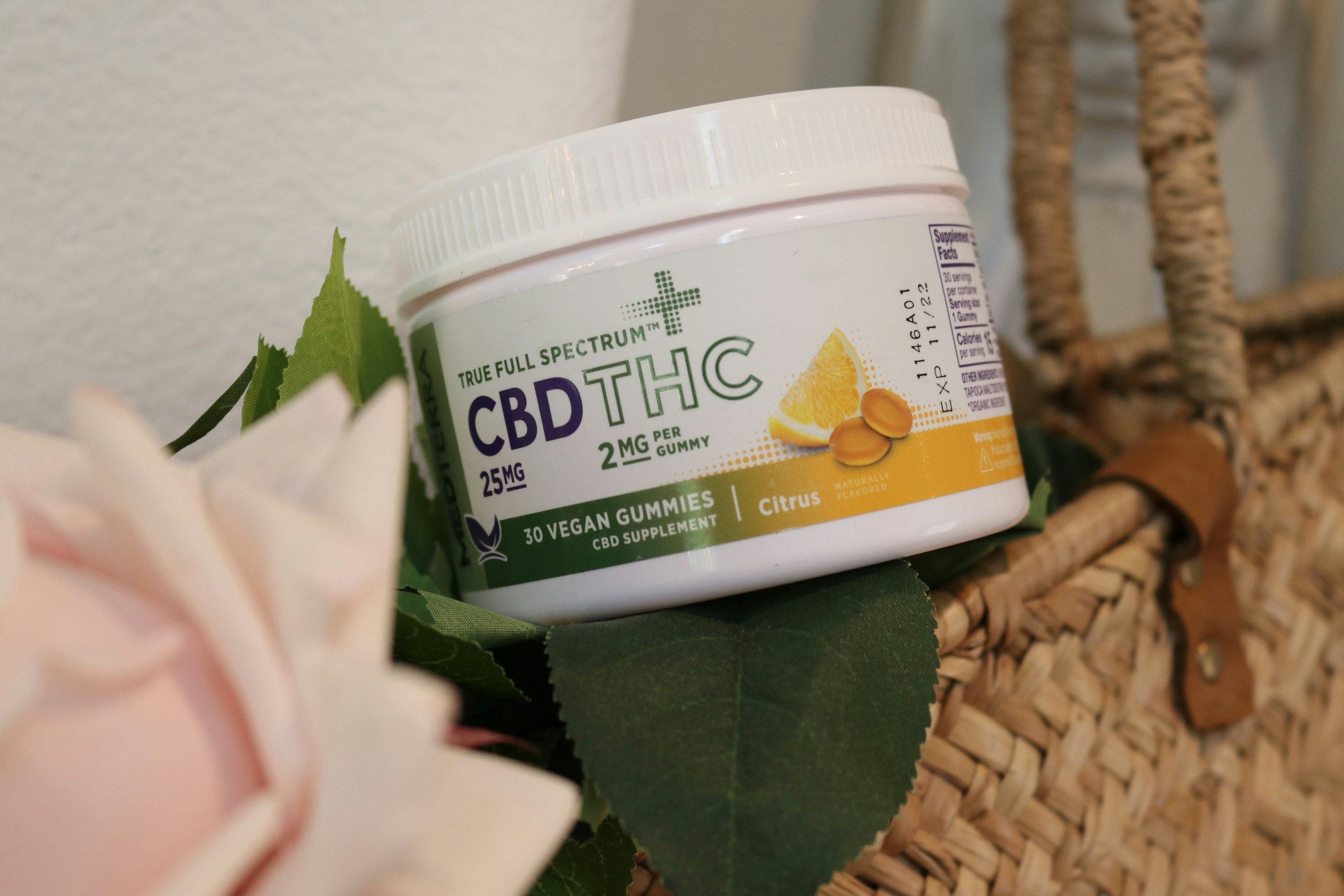They came of age in the 60s and 70s ─ a time of experimentation, filled with marijuana, LSD, and cocaine use. Now decades later, drug use among baby boomers is soaring once again. With heroin use doubling, cocaine use quadrupling, and prescription drug abuse increasing at alarming rates among those ages 53 to 71, it is time we start paying attention.
Because baby boomers are well established in their lives and often live alone, their substance abuse often goes unnoticed. The data, however, paints a clear picture. According to the SAMHSA, the frequency of illicit drug use among baby boomers nearly doubled from 2002 to 2013.
While there has been an increase in substance abuse across the board, the three most common substances abused by this age group are: alcohol, marijuana, and prescription medications. Drugs and alcohol affect the body more as it ages, which is why according to the Center of Disease Control, accidental drug overdose rates are higher among baby boomers than individuals ages 25 to 44. Prescription medications are the biggest culprits when it comes to accidental overdoses among baby boomers.
Why the Increase in Substance Abuse?
Baby boomers are using more illicit substances and consuming more alcohol, but why?
- Baby boomers grew up exposed to drugs, and almost 50 percent of baby boomers admit to having experimented with illicit drugs at some point. Drug use during younger years makes them more susceptible to using again.
- Because baby boomers grew up during a time when views on alcohol and illicit substances were more lax, they often do not consider their behavior substance abuse. This is especially true when it comes to alcohol and marijuana, which many baby boomers see as harmless.
- Many baby boomers are retired or approaching retirement age which, for many, can cause boredom, loneliness, or depression — all of which increase an individual’s risk of developing addiction.
- With age comes medical problems, such as surgeries for joint repair or replacements. The pain caused by these surgeries is often managed with strong painkillers, which can lead to opiate abuse.
- Older baby boomers may have lost their spouse or friends to old age. Dealing with such a loss, on top of the stress of aging, can increase their risk of developing a substance abuse problem.
What Are the Signs of Addiction Among Baby Boomers?
Baby boomers are rarely suspected of suffering from an addiction, but there are some signs to look out for.
- Mood swings
- Emotional distancing
- Disorientation
- Difficulty making decisions
- Abandoning old habits or dramatic change in interests
- Falling, constant accidents
- Drowsiness and lack of energy
- Muscle aches, chronic pains
What Can You Do If You Suspect Your Loved One Has a Substance Abuse Problem?
No matter how difficult or uncomfortable this conversation might be, it is one that must be had – the sooner, the better.
Prepare Yourself
Do some research about addiction, rehearse what you want to say, and plan for some resistance.
Confront Them
Make sure that your loved one is sober when you decide to talk to them.
Be compassionate. Remember that they did not chose this. Addiction is a disease, and there is a much deeper problem that has caused your loved one to resort to drugs or alcohol.
Stand Your Ground
There is a good chance that your loved one will deny or dismiss their addiction, and they might even get angry with you. Do not give in.
Support Them
This is a scary time for your loved one, and they need you more than ever. Make sure they know that they will not be battling their addiction alone.
Find Professional Help
Some people do quit on their own, but for most, treatment centers and support groups are life-saving.
If you or a loved one is struggling with addiction, Mountainside can help.
Click here or call (888) 833-4676 to speak with one of our addiction treatment experts.

 By
By 







